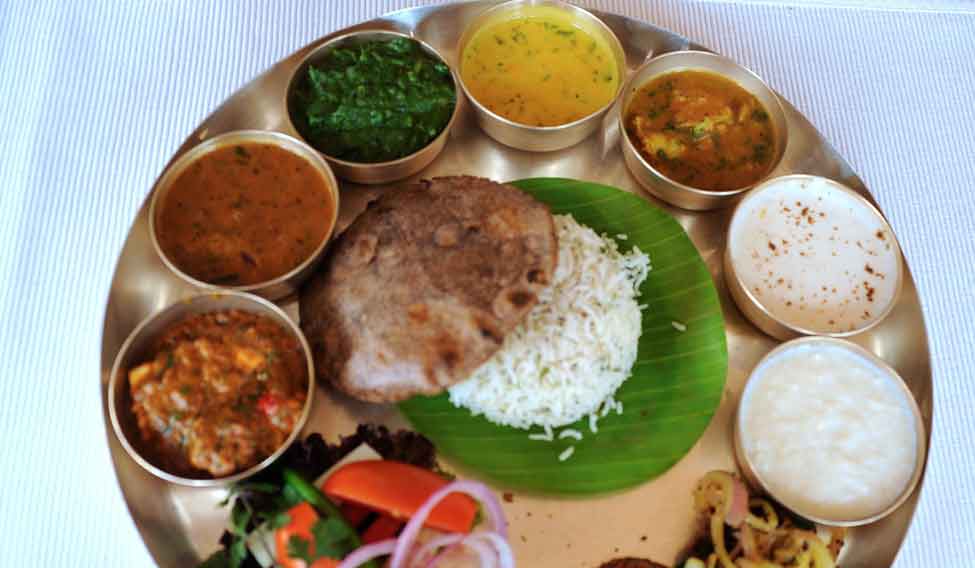Saliva proteins can explain as to why low-salt dishes may be harder for some people to like than others, according to a recent study.
Scientists reported that people who can easily taste salt have differing amounts of certain proteins in their saliva than those who are less sensitive. The finding could potentially lead to the development of more desirable low-sodium foods.
The researchers classified volunteers into sensitive and non-sensitive groups according to how salty the participants thought various sodium chloride solutions were.
Using liquid chromatography and mass spectrometry, the team identified several salivary proteins that differed between those who could readily detect salt and those who couldn't.
Surprisingly, they found the largest differences in the resting saliva of the subjects compared to saliva produced after swishing around a salty solution.
In their resting saliva, sensitive subjects had higher amounts of endopeptidases, enzymes that cut up proteins, than non-sensitive subjects.
The researchers suggested that the enzymes could be modifying sodium channels, which would increase the amount of sodium that gets into cells.
Alternatively, the enzymes could be cutting proteins in the saliva to produce salt-enhancing peptides in people who are sensitive.
The study appears in the Journal of Agricultural and Food Chemistry.





